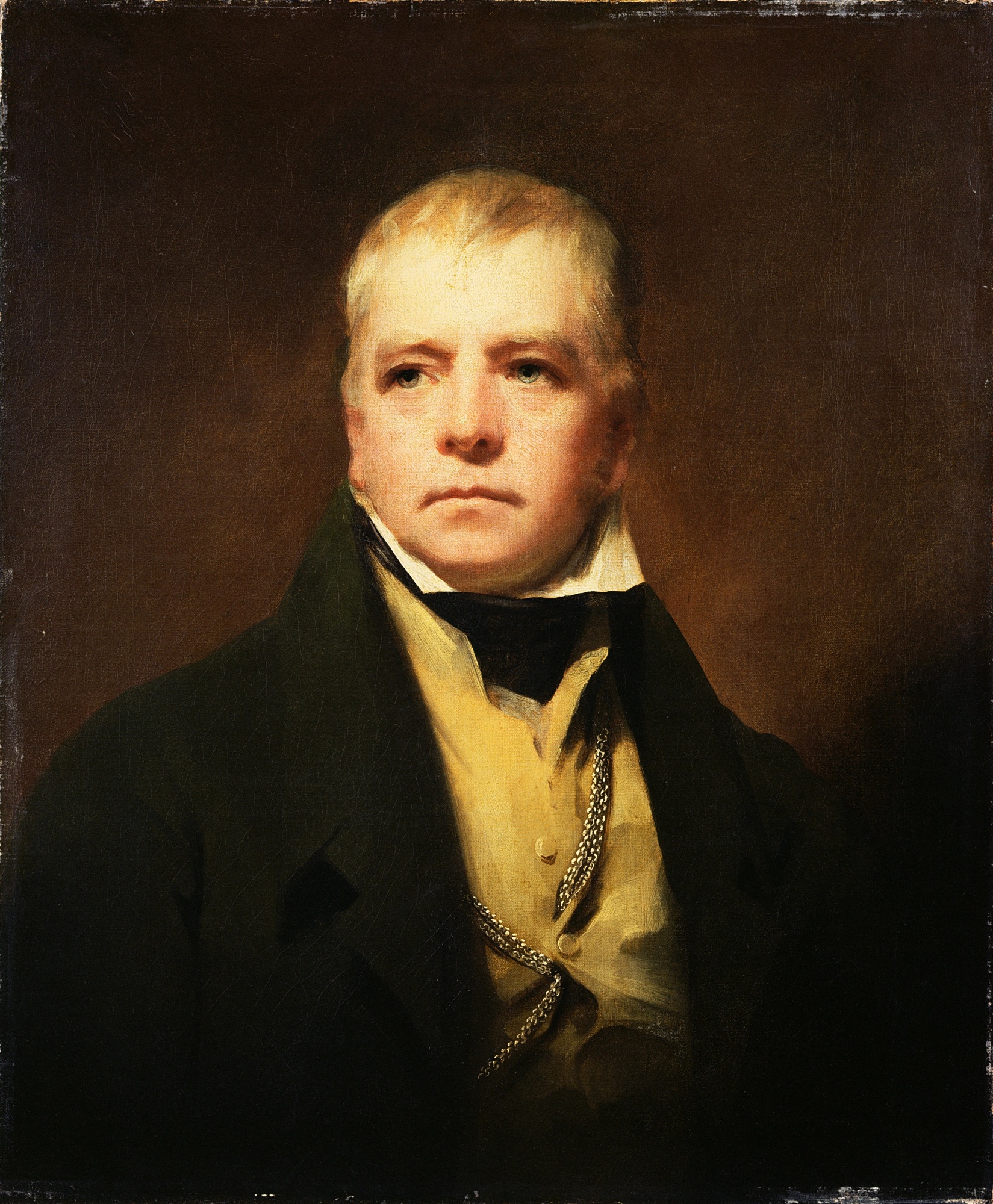Walter Scott Frases famosas
Walter Scott frases e citações
“Em obséquios de pouca monta, quem aceita pratica um ato de tanta urbanidade como quem oferece.”
Variante: Em obséquios de pouca monta, quem aceita pratica um acto de tanta urbanidade como quem oferece.
“Você ama a vida? Não desperdice então o tempo, pois é dele que se compõe a vida.”
Do you love LIFE? Then do not squander TIME for that is the stuff life is made of.
citado em "Inspiration & motivation" - Página 42, Alfred Armand Montapert - Prentice-Hall, 1982, ISBN 013467605X, 9780134676050 - 284 páginas
“Muito embora percamos todos os nossos bens, conservemos intacta a honra.”
Variante: Embora percamos todos os bens, conservemos imaculada a honra.
“O amor-próprio é o maior de todos os aduladores.”
Reflexões ou sentenças e máximas morais, Página 6 https://books.google.com.br/books?id=lCSoBAAAQBAJ&pg=PT6, François de La Rochefoucauld; tradução de Rosa Freire d'Aguiar. — 1a ed. — São Paulo: Penguin Classics Companhia das Letras, 2014
"L'amour-propre est le plus grand de tous les flatteurs."
Reflexions ou sentences et maximes morales - Página 2 http://books.google.com.br/books?id=88UGAAAAcAAJ&pg=PA2, François de La Rochefoucauld - 1760
Walter Scott: Frases em inglês
Canto IV, stanza 1.
The Lady of the Lake http://www.gutenberg.org/etext/3011 (1810)
Canto III, stanza 2.
The Lay of the Last Minstrel (1805)
Contexto: In peace, Love tunes the shepherd's reed;
In war, he mounts the warrior's steed;
In halls, in gay attire is seen;
In hamlets, dances on the green.
Love rules the court, the camp, the grove,
And men below, and saints above;
For love is heaven, and heaven is love.
“Revenge is the sweetest morsel to the mouth, that ever was cooked in hell.”
The Heart of Midlothian', Ch. 30 (1818).
Fonte: The Heart of Mid-Lothian
“All men who have turned out worth anything have had the chief hand in their own education.”
Letter to J. G. Lockhart (c. 16 June 1830), in H. J. C. Grierson (ed.), Letters of Sir Walter Scott, Vol. II (1936), as reported in The Oxford Dictionary of Quotations (1999), p. 652
“O, what a tangled web we weave,
When first we practise to deceive!”
Canto VI, st. 17.
Variante: Oh what a tangled web we weave when first we practice to deceive
Fonte: Marmion (1808)
“The will to do, the soul to dare”
Canto I, stanza 21.
The Lady of the Lake http://www.gutenberg.org/etext/3011 (1810)
Contexto: On his bold visage middle age
Had slightly pressed its signet sage,
Yet had not quenched the open truth
And fiery vehemence of youth;
Forward and frolic glee was there,
The will to do, the soul to dare,
The sparkling glance, soon blown to fire,
Of hasty love or headlong ire.
“True love's the gift which God has given
To man alone beneath the heaven”
Canto V, stanza 13.
The Lay of the Last Minstrel (1805)
Contexto: True love's the gift which God has given
To man alone beneath the heaven:
It is not fantasy's hot fire,
Whose wishes, soon as granted, fly;
It liveth not in fierce desire,
With dead desire it doth not die;
It is the secret sympathy,
The silver link, the silken tie,
Which heart to heart, and mind to mind
In body and in soul can bind.
“Time will rust the sharpest sword,
Time will consume the strongest cord”
Harold the Dauntless (1817), Canto I, st. 4.
Contexto: Time will rust the sharpest sword,
Time will consume the strongest cord;
That which molders hemp and steel,
Mortal arm and nerve must feel.
“We are like the herb which flourisheth most when trampled upon”
Fonte: Ivanhoe
Sir Walter Scott Collection Guy Mannering. Chap. xxxvii.
Bartlett's Familiar Quotations, 10th ed. (1919)
“Art thou a friend to Roderick?”
Canto IV, stanza 30.
The Lady of the Lake http://www.gutenberg.org/etext/3011 (1810)
Fonte: Ivanhoe (1819), Ch. 17, One of the verses of the ballad "The Barefooted Friar", sung by Friar Tuck to the Black Knight.
“But with the morning cool reflection came.”
Chronicles of the Canongate, Chap. iv.
Bartlett's Familiar Quotations, 10th ed. (1919)
“So faithful in love, and so dauntless in war,
There never was knight like the young Lochinvar.”
Canto V, st. 12 (Lochinvar, st. 1).
Marmion (1808)
